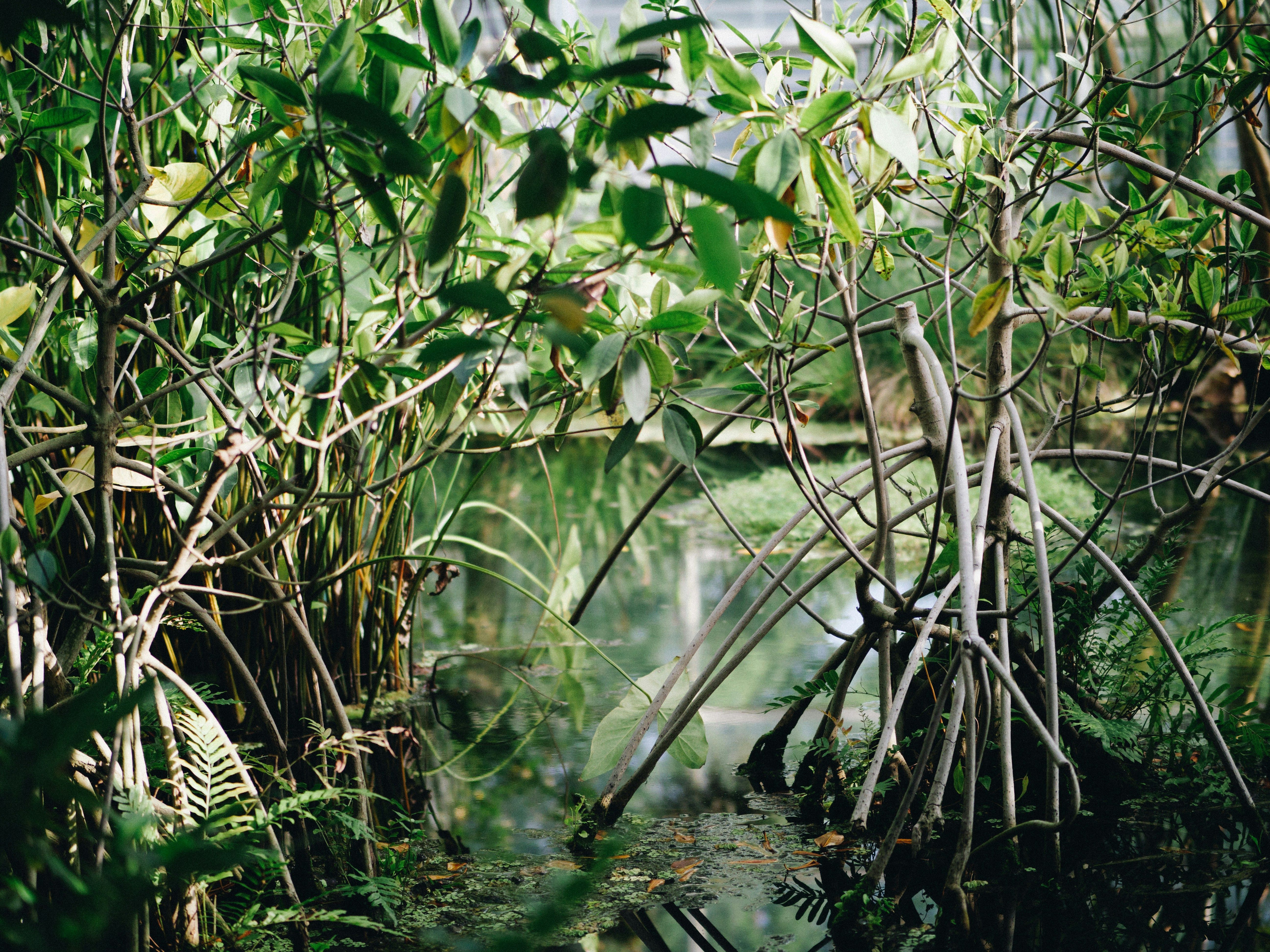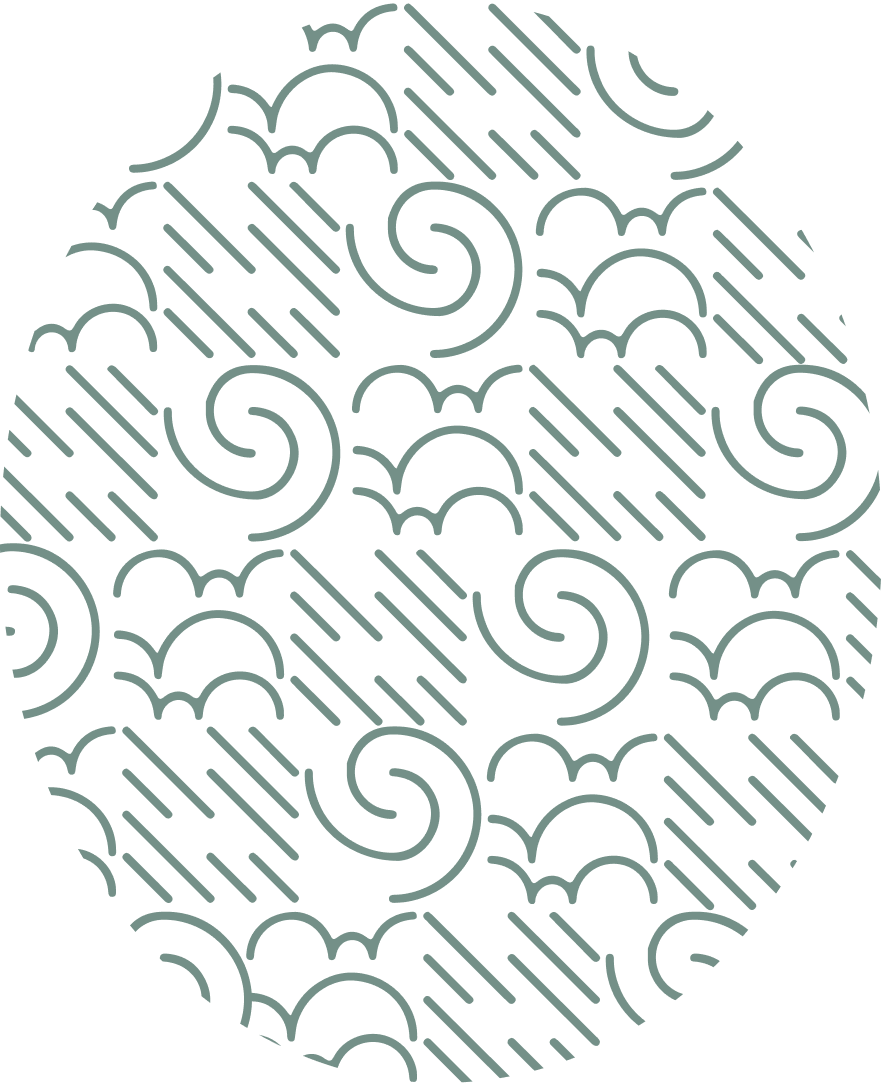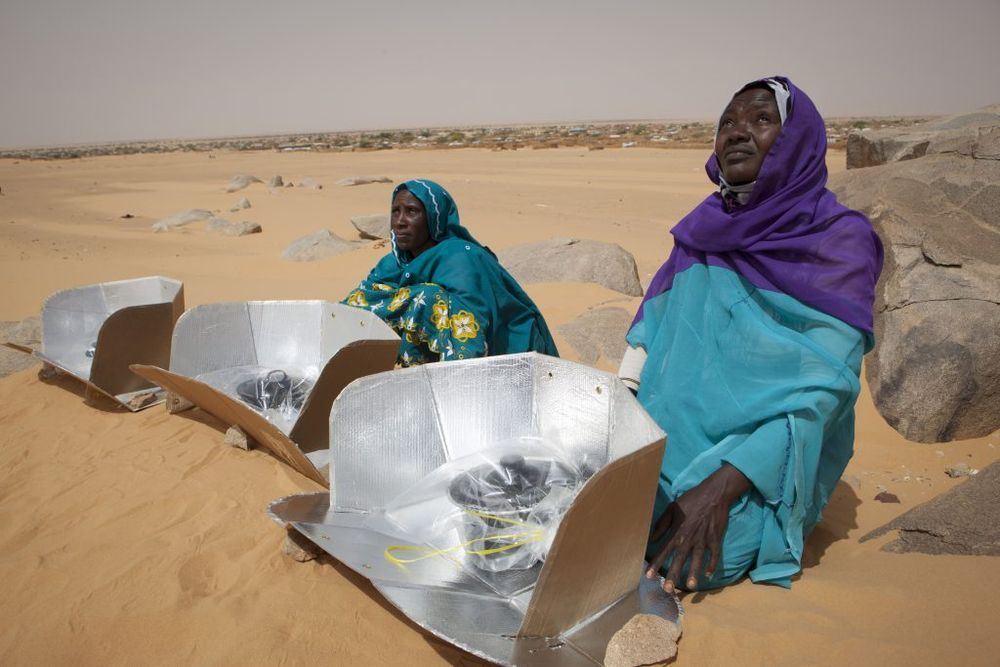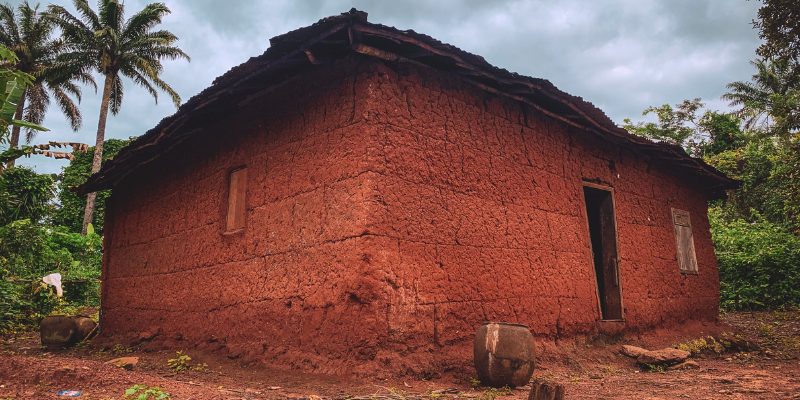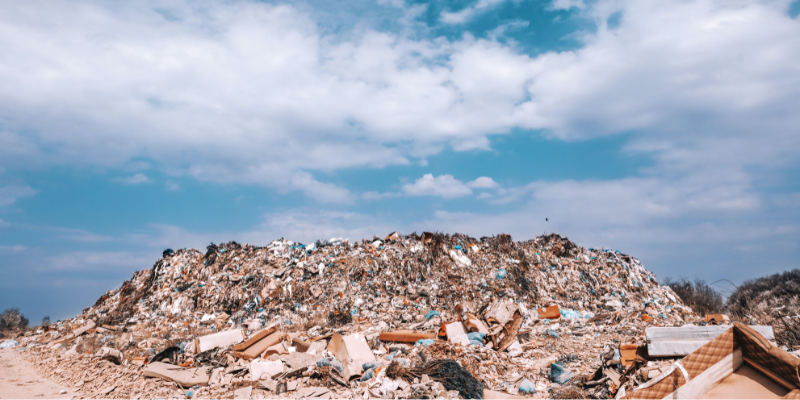Description
The Delta Blue Carbon Project is a coastal carbon project, covering approximately 350,000 hectares of tidal wetlands in the Indus Delta region of Sindh province in Pakistan. This project supports improving living conditions and livelihoods of approximately 40,000 individuals from 60 villages that are located around the perimeter of the project area.This project focuses on reforesting mangroves, which absorb carbon dioxide, provide homes to hundreds of animal species, and improve ecosystem stability in the region. Developed through a partnership between the Government of Sindh and Indus Delta Capital, this initiative addresses the deforestation and degradation of mangrove forests and intertidal wetlands in the Indus Delta.
How it works
This project restores degraded tidal wetlands through mangrove planting, building the forest’s capacity to store carbon emissions. As the project expands over the 350,000 hectare region, thousands of trees will be able to sequester an estimated 128 million tonnes of carbon.
Why this project
This nature-based project generates positive climate impact planting mangrove and other local trees to reforest tidal wetlands. Through employing local communities, the project has created hundreds of jobs and impacted thousands of community members. This project not only preserves mangrove forests, but the hundreds of animal species that call the area home.
Benefits
- This project’s planting is done in partnership with local communities, creating hundreds of jobs within the Indus Delta Region.
- The region is home to 11 globally threatened species, including the Indus River dolphin, the Indian Ocean humpback dolphin, and the Indian pangolin. The project has a positive impact on these threatened species by revegetating the degraded ecosystem and addressing threats that they and their habitats would otherwise face.
- The project supports robust local engagement from its stakeholders, including fishing communities, farming and livestock-owning communities, women, young people, daily wage earners, and local businesses and organizations.












Other Projects
Solar Cookers for Refugees
This project aims to provide Sudanese refugees with solar cookers to enable them to prepare meals with renewable energy.
Promoting Improved Cooking Practices in Nigeria
This project reduces carbon emissions by manufacturing and distributing efficient charcoal cookstoves that replace inefficient cookstoves currently widely used in the region.
Landfill Gas Extraction and Electricity Generation
This project reduces emissions through the development and construction of two waste-to-energy facilities at landfill sites in Türkiye.

